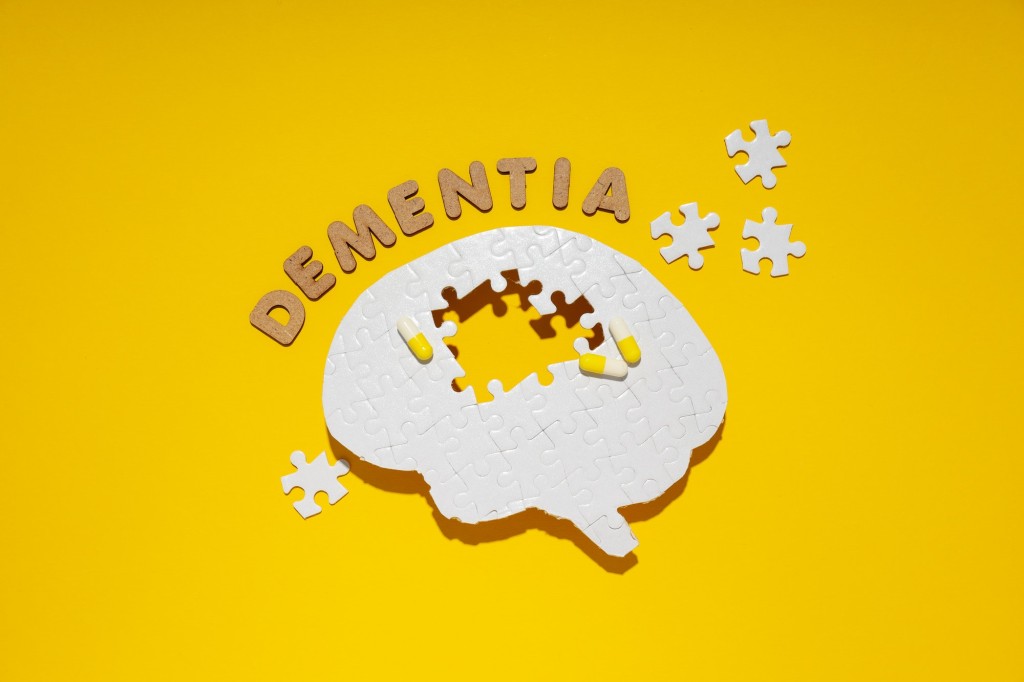
Dementia is a term used to describe a group of symptoms that affect the brain, including memory loss, difficulty communicating, and changes in mood and behavior. There are several different types of dementia, each with its own set of symptoms and stages.
The most common type of dementia is Alzheimer’s disease, which affects an estimated 5.8 million Americans. Alzheimer’s disease typically progresses through three stages: early stage, middle stage, and late stage. In the early stage, individuals may experience mild memory loss and have difficulty with tasks that require planning or organization.
As the disease progresses to the middle stage, individuals may have trouble communicating and become more forgetful. They may also experience changes in personality or behavior. In the late stage of Alzheimer’s disease, individuals may lose their ability to communicate entirely and require around-the-clock care.
Another type of dementia is vascular dementia, which occurs when there is damage to blood vessels in the brain. Vascular dementia can progress slowly over time or occur suddenly after a stroke or other cardiovascular event. Symptoms can include confusion, difficulty with balance or coordination, and problems with decision-making.
Lewy body dementia is another type of dementia that affects an estimated 1 million Americans. This type of dementia is caused by abnormal protein deposits in the brain called Lewy bodies. Symptoms can include hallucinations, tremors or stiffness similar to Parkinson’s disease, and fluctuations in attention or alertness.
Frontotemporal dementia (FTD) is a less common form of dementia that affects the frontal lobes of the brain responsible for personality and behavior as well as language processing areas in the temporal lobes. FTD can cause changes in personality such as apathy or disinhibition as well as language difficulties such as word-finding difficulties.
Regardless of the type of dementia someone has been diagnosed with it’s important to remember that every individual experiences it differently based on their unique circumstances including age at onset , overall health, and other factors. It is important to work with healthcare professionals to create a personalized care plan that addresses the individual’s specific needs.
In conclusion, dementia is a complex condition that can affect individuals in different ways depending on the type of dementia and stage of progression. Understanding the different types and stages of dementia can help individuals and their loved ones better prepare for what lies ahead. While there is currently no cure for dementia, early diagnosis and treatment can help manage symptoms and improve quality of life for those affected
